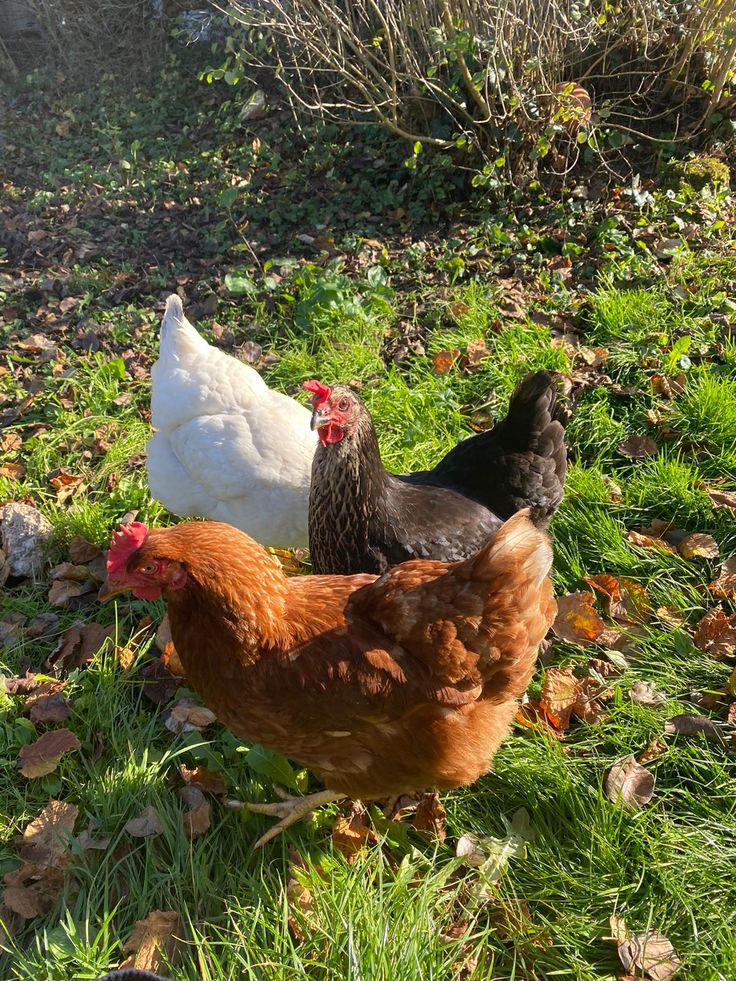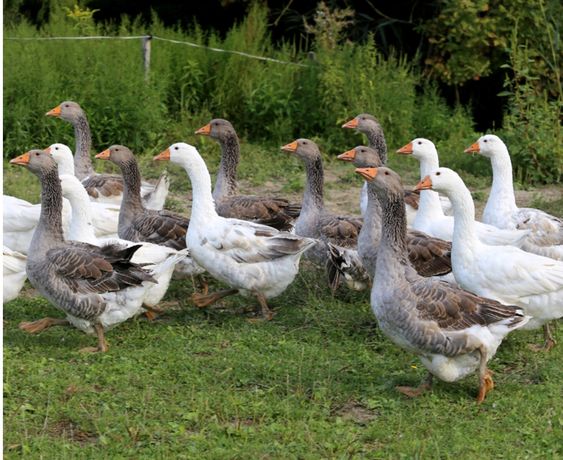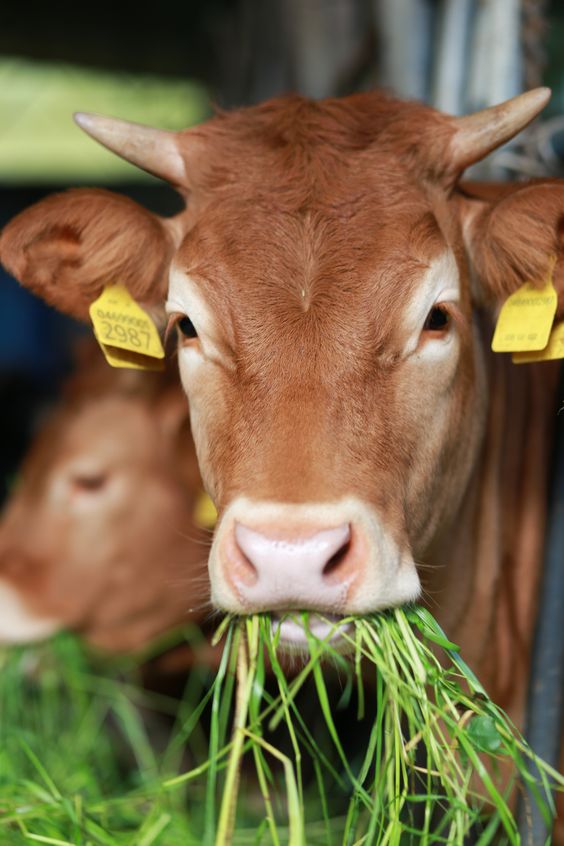Animal Products: A Comprehensive Look
Animal products encompass a wide range of materials derived from non-human animals. These products can be broadly categorized into food and non-food items, each with its own set of applications and considerations. This comprehensive guide delves into the world of animal products, exploring their types, uses, ethical implications, and potential alternatives.
Food Products from Animals
- Meat and Poultry: Meat, the most well-known animal food product, comes from various animals like cattle (beef), pigs (pork), sheep (lamb and mutton), and poultry (chicken, turkey, duck). Meat is a source of protein, iron, and other essential nutrients.
- Fish and Seafood: Fish and seafood encompass a vast array of aquatic animals consumed by humans. They are rich in omega-3 fatty acids, vitamin D, and other nutrients. Popular examples include tuna, salmon, shrimp, and oysters.
- Dairy Products: Derived from the milk of mammals, primarily cows, dairy products offer a variety of options like cheese, yogurt, butter, and ice cream. They are a significant source of calcium, protein, and vitamin B12.
- Eggs: Eggs, laid by hens and other birds, are a versatile food source rich in protein, vitamins, and minerals. They are consumed whole, used in baking, and incorporated into various recipes.
Non-Food Products from Animals
- Fiber: Animal fibers like wool (sheep), cashmere (goats), mohair (angora goats), and silk (silkworms) provide materials for clothing, textiles, and other applications. They offer warmth, comfort, and unique textures.
- Leather: Leather, processed animal hides primarily from cows, is used in footwear, bags, jackets, and other accessories. It offers durability, water resistance, and a luxurious feel.
- Feathers: Feathers from birds like geese and ducks are used for insulation in jackets, pillows, and comforters. They provide warmth and are lightweight.
- Honey: Honey, a sweet substance produced by bees, is a natural sweetener and food ingredient. It also possesses antibacterial properties and is used in some topical applications.
- Other Products: A variety of other animal products exist, including:
- Gelatin: A thickening agent derived from animal bones and connective tissues, used in food and cosmetics.
- Lanolin: A waxy substance from sheep’s wool, used in cosmetics and moisturizers.
- Bone Meal: Ground-up bones used as fertilizer and animal feed.
Ethical Considerations of Animal Products
The use of animals for products raises ethical concerns regarding animal welfare, environmental impact, and sustainability.
- Animal Welfare: Factory farming practices often involve intensive confinement, limited movement, and potential for animal cruelty. Consumers are increasingly concerned about the ethical treatment of animals used for products.
- Environmental Impact: Livestock production contributes to greenhouse gas emissions, deforestation for grazing land, and water pollution from manure runoff. The environmental impact of animal products is a growing concern.
- Sustainability: The long-term sustainability of animal agriculture is under question, considering resource demands and potential for future food security.
Alternatives to Animal Products
The rise of ethical concerns and environmental awareness has led to the development of alternatives to animal products.
- Plant-Based Meat: Plant-based meat alternatives, made from ingredients like soy, pea protein, and mycoprotein, replicate the taste and texture of meat products.
- Plant-Based Milk: Milk alternatives derived from soy, almond, oat, coconut, and other plant sources offer a dairy-free option with similar nutritional profiles.
- Vegan Leather: Vegan leather, made from plant materials like pineapple leaves or mushroom mycelium, provides a sustainable alternative to traditional leather.
- Lab-Grown Meat: Emerging technology allows for the production of meat using animal cells grown in a lab setting, potentially offering a more sustainable and ethical option in the future.
Conclusion
Animal products have played a significant role in human life for millennia, providing food, clothing, and various other materials. However, ethical concerns, environmental impact, and the development of alternatives necessitate a reevaluation of our dependence on animal-derived products. Moving forward, a balanced approach considering animal welfare, sustainability, and consumer preferences will be crucial.
Additional Considerations
- This guide provides a general overview. Specific regulations and definitions of animal products may vary by region.
- The choice to consume or use animal products is a personal one. This information aims to provide a comprehensive understanding to facilitate informed decisions.
- Ongoing research and innovation are continuously developing new and improved alternatives to animal products.
By understanding the range of animal products, their applications, and the ethical considerations surrounding them, we can make more informed choices as consumers and contribute to a more sustainable future.





